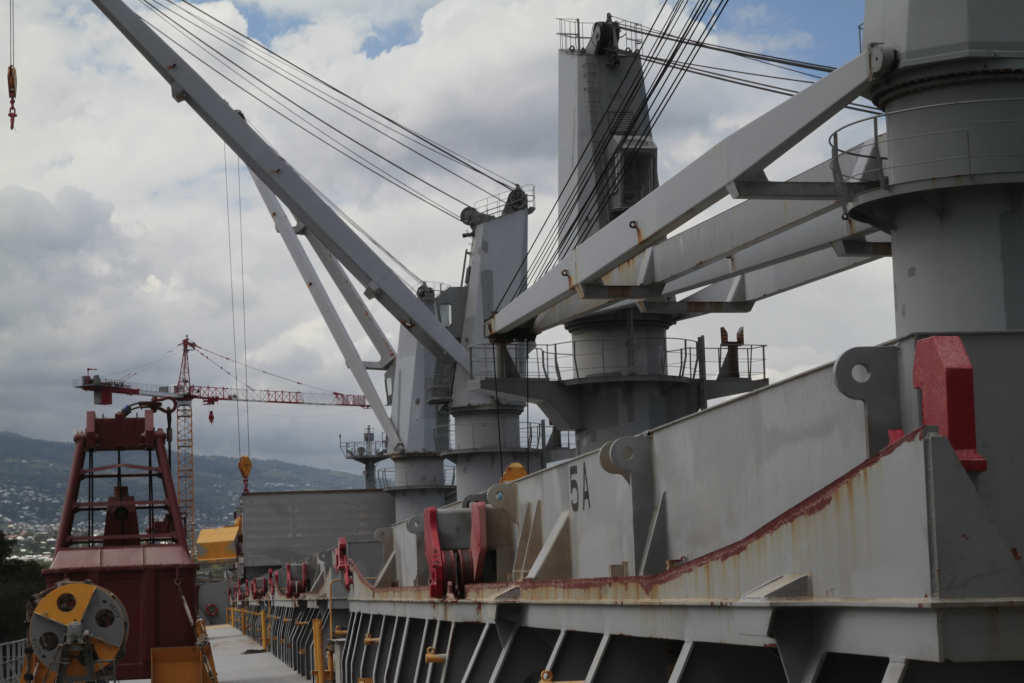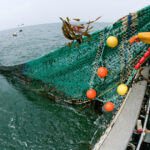Initiating a dynamic partnership in the Indian Ocean is the main objective of the Memorandum of Understanding signed between the CRCO and the IFC-IOR (Indian Ocean Information Fusion Center). This initiative is in line with the operationalization of the Western Indian Ocean Maritime Security Architecture in line with India’s Maritime Policy “Security and Growth for all in the Region” (SAGAR). This approach will allow the region to effectively develop common operational maritime cartography for better maritime security in the Indian Ocean.
The Maritime Security Architecture is implemented by the Indian Ocean Commission (IOC) and supported by the Regional Maritime Information Fusion Center (RMIFC), Regional Operations Coordination Center (ROCC) and National Centers of the seven signatory countries of the MASE agreements (Comoros, Djibouti, Reunion (France), Kenya, Madagascar, Mauritius and the Seychelles). The European Union provides support through the MASE program implemented by the IOC.
14 Million km²
It should be noted that the maritime security architecture covers more than 14 million km² in the Western Indian Ocean. However, its effectiveness and added value will only be optimal with the concretization of partnerships and institutional collaborations with third States beyond the Western Indian Ocean. Collaboration with IFC-IOR will therefore contribute to deepening maritime situational awareness across the Indian Ocean.
Speaking during the signing, the directors of the CRCO and the IFC-IOR in India were unanimous on the need to network the structures responsible for the collection, analysis and dissemination of maritime information as well as than actions at sea.
With increasing emphasis on the ocean economy, the seas are the perfect place for all kinds of crime, trafficking and threats. With areas linked by the busiest shipping lanes in the world and the emergence of various forms of transnational crime, bringing together actors with common interests is essential. Information, when available and shared, is an effective preventive weapon against maritime crimes and threats. Such a partnership will make it possible to process information in order to enable States to better monitor and control maritime areas and, more broadly, to improve ocean governance in compliance with established international conventions.
Although the RCCO and the IFC-IOR each have their own mandate and tasks, both aim to address human security, environmental security and transnational organized crime. The two centers have common perspectives on security threats, but both are limited in their scope of surveillance of the maritime area, yet the movement of vessels is not limited to a single area.
This Memorandum of Understanding will therefore help to build trust and foster mutual assistance in order to better align strategic perspectives in the region and contribute to the development of national and regional policies.
This article is originally published on temoignages.re









